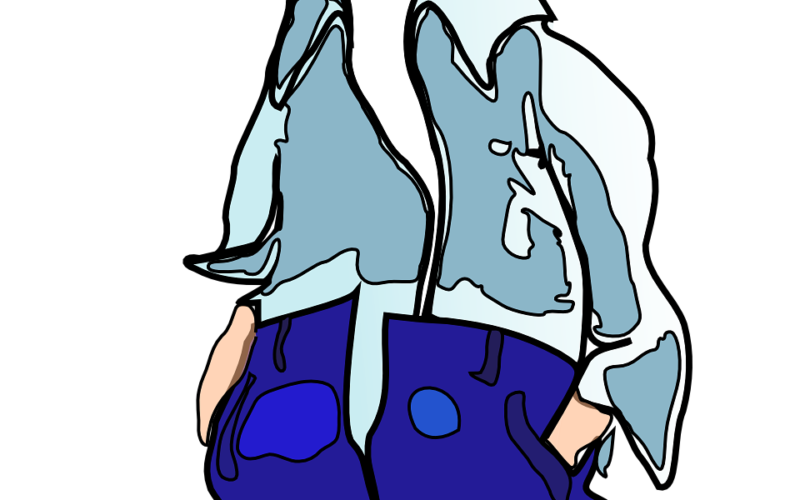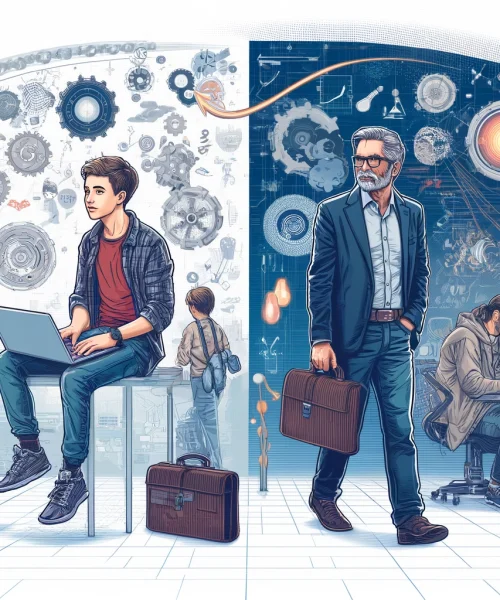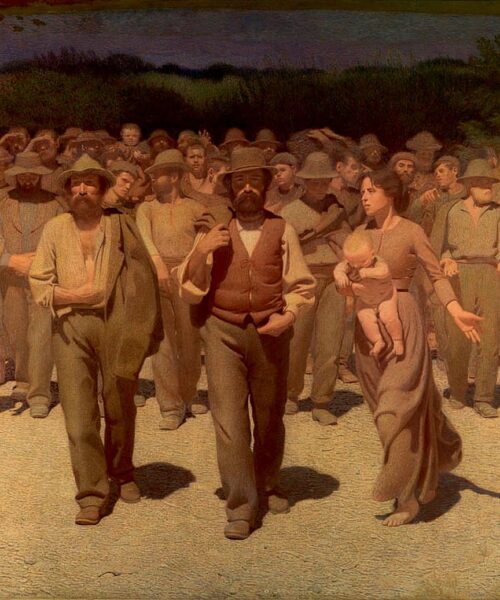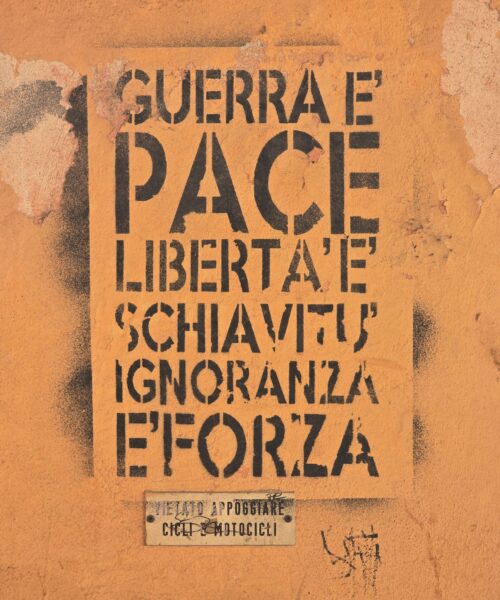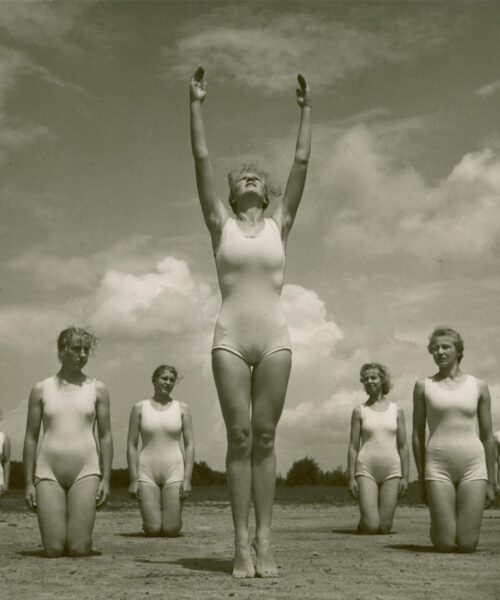In an increasingly globalized and interconnected world, where information travels at unprecedented speeds, we are faced with a paradoxical phenomenon: the rise of rudeness. This contradiction prompts deep reflection and requires a sociological lens to understand its roots.
- The Influence of Social Media
With the rise of social media, individuals often find themselves in virtual environments without clear regulation of behavioral norms. These platforms, favoring speed and spontaneity of communication, can encourage impulsive behaviors. Furthermore, the anonymity offered by these environments can diminish individual responsibility, leading to rude behavior.
- Social Fragmentation
Contemporary society is characterized by growing fragmentation. Traditional communities, where norms and values were passed down through generations, are in decline. In these fragmented contexts, people can feel disoriented and lose the sense of courtesy and mutual respect.
- The Culture of Instantaneity
We live in an era where everything is immediate: information, gratification, communication. This culture of instantaneity can lead to a decrease in patience, making people less tolerant and, consequently, more prone to rudeness.
- The Crisis of Traditional Values
Rudeness can also be seen as a reaction to the crisis of traditional values. As old norms are questioned, there can arise a sense of emptiness, where people are no longer sure what is considered acceptable or not.
Conclusions
Rudeness is not an isolated phenomenon but rather a symptom of ongoing social transformations. To address this challenge, it is essential to promote a new culture of respect and mutual understanding, recognizing the importance of human relationships in every context. Only through collective commitment can we build a more polite and cohesive society.

